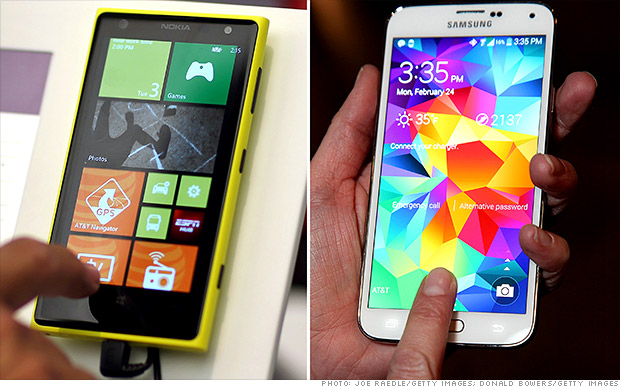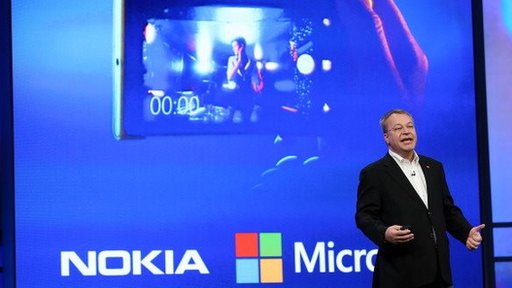Why Is Microsoft Suing The Largest Smartphone Maker In The World?
Microsoft claims Samsung is trying to renege on its obligation to pay patent licensing fees. Could the billions Microsoft earns from Android-related patents be at stake?
Last Week, Microsoft Filed A Lawsuit Against Samsung, Alleging The Company Has Refused To Pay Interest On Late Patent Royalty Payments And Threatened To Withhold Future Payments
In the lawsuit, Microsoft alleges that Samsung not only delayed royalty payments that were due last fall, but also refused to pay interest after finally remitting the late payments.
slashgear.comThe royalties are tied a three-year-old cross-licensing agreement that calls for Samsung to pay Microsoft an undisclosed fee for every Android smartphone or tablet that Samsung sells. Though Android is a Google offering, Microsoft claims a wide range of patents related to the OS and has signed licensing agreements with many Android device makers.
As Part Of A Patent Sharing Agreement, Signed By The Two Tech Powerhouses In 2011, Samsung Is Legally Bound To Pay Microsoft A Royalty Fee For Every Android Phone It Produces
Since 2011, Samsung has increased its smartphone production by 400%, shipping 85 million units in the first quarter of 2014 alone, making Samsung the largest cellphone maker in the world.
Though the specific financials from the agreement have been redacted, telecom analyst Rick Sherlund of Nomura Securities, estimates Microsoft makes $2 billion a year on royalty fees related to Android based devices (this includes all cell phone manufacturers, not just Samsung).
In A Blogpost, Microsoft Stated That Samsung Used Microsoft's Takeover Of Nokia, "As An Excuse To Breach The Contract"
“Today’s legal action is simply to enforce our contract with Samsung,” Microsoft deputy general counsel David Howard said in a blog post. Microsoft said that Samsung has been late paying its patent bills since late last year, following Microsoft’s announcement of the Nokia acquisition, and that the two companies have not been able to come to a resolution.
Samsung's Argument, As Microsoft Recounts It, Is That The Acquisition Of The Nokia Divisions Means The Cross-Licensing Contract It Signed Is Now Invalid
"Curiously," Microsoft deputy general counsel David Howard writes in a blog post, "Samsung did not ask the court to decide" whether that was actually the case legally, something he suggests was "likely because it knew its position was meritless."
Meanwhile, Samsung Has Said: "We Will Review The Complaint In Detail And Determine Appropriate Measures In Response"
According To BBC, The Case Marks The First Time That Microsoft Has Launched Legal Action Against Samsung. The Two Companies Have A Long-Running Partnership.
Microsoft’s biggest fear in this lawsuit is that a precedent may be set where other companies will be able to stop making royalty payments to them and causing a massive hemorrhage in revenue stream. Essentially cutting over 9% of their annual revenue of $22 billion.
Also, According To re/code, The Patent Dispute Lawsuit Could Have Wide-Reaching Impact On The Windows Phone Business
If Redmond prevails, Samsung will have to keep paying and will probably owe Microsoft interest on last year’s bill. But should the court find otherwise, Samsung and possibly even other Android makers could be off the hook for those royalties. Au revoir, revenue stream; so long, price advantage for Windows Phone. And Microsoft needs all the leverage it can muster to convince phone makers to build Windows Phone devices.
Thus far, Microsoft has managed to keep most of its current Windows Phone licensees and even added a few more names, but the outcome of this suit could have a lot to say about Windows Phone’s long-term attractiveness as compared to Android. Judging the merits of the dispute is tough. So far, we only have Microsoft’s side of the story, and even the public version of its lawsuit was heavily redacted.



